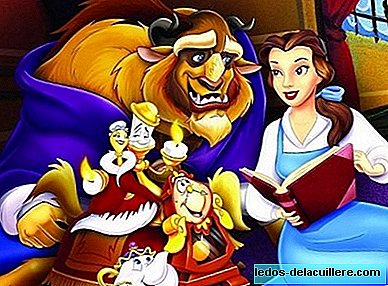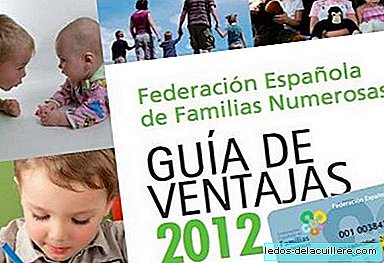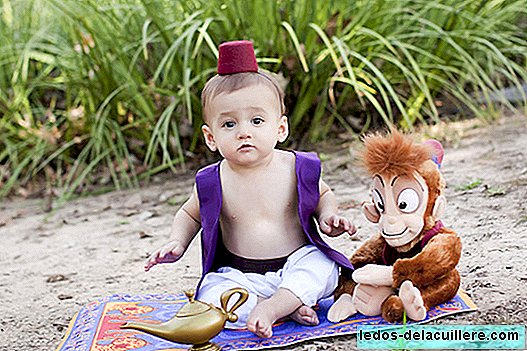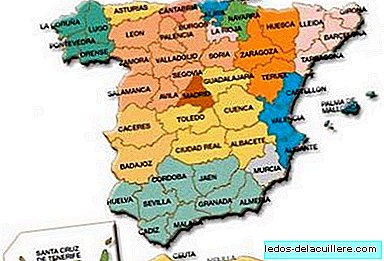
Children love to listen, read and invent stories. If we stop to think about all the benefits that this practice brings to the children and ourselves, we would be more often encouraged to tell them stories. The Universal Declaration of the Rights of children to listen to stories It is a manifesto that reminds us of all these advantages.
This manifesto, compiled and adapted by the International Storytelling Network (RIC), circulates anonymously among Latin American storytellers for several decades. It was published for the first time in Venezuela in the 70s of the last century, and there are multiple Spanish, Colombian, Cuban, Argentine and Mexican variants.
Here we leave you this interesting Decalogue of children's rights to listen to stories:
Every child, regardless of race, language or religion, has the right to listen to the most beautiful tales of all the oral traditions of the people, especially those that stimulate their imagination and their critical capacity.
Every child has full right to demand that his parents tell him stories at any time of day. Those parents who are surprised by refusing to tell a story to a child, not only commit a serious crime of guilty omission, but are self-condemning to have their children never ask for another story again.
Every child who, for one reason or another, has no one to tell him stories, has the absolute right to ask the adult of his preference to tell them, as long as he does so with love and tenderness, which is how the stories should be told. stories.
Every child has the right to listen to stories sitting on the knees of his grandparents. Those who have their four grandparents alive may transfer them to other children who, for various reasons, do not have grandparents to tell them. In the same way, those grandparents who lack grandchildren are free to go to schools, parks and other places of child concentration where, with complete freedom, they can tell as many stories as they want.

Every child has the right to know who José Martí, Hans Christian Andersen, Elena Fortún, Lewis Carroll, Elsa Bornemann, Carlo Collodi, Gloria Fuertes, María Elena Walsh, among others are. Adults are obliged to make available to children all the books, stories and poems of these authors.
Every child fully enjoys the right to know the Fables, myths and legends of oral tradition of his country.
The child has the right to invent and tell his own stories, as well as modify existing ones, creating his own version. In those cases of children heavily influenced by television, their parents are obliged to decontaminate them by leading them along the paths of imagination by the hand of a good children's story book.
The child has the right to demand new stories. Adults are obliged to constantly feed on new stories, whether they are their own or not, with or without kings, long or short. The only mandatory thing is that they are beautiful and interesting.
The child always has the right to ask for another story, and also to ask to be told a million times the same story.
Every child, finally, has the right to grow up accompanied by the adventures of Alice and the Wolf, of the "Uncle Tiger and Uncle Rabbit", of that burrito called Platero, of the cat that had seven-legged boots, of the colorful red from the stories and the immortal "Once upon a time ...", magic words that open the doors of imagination on the road to the most beautiful dreams of childhood.
Sometimes we forget what we liked stories, and we didn't find time to tell our children. But we hope this beautiful Decalogue with children's rights to listen to stories Encourage us to look for more magical moments in front of the pages of a book or the words of the stories.












